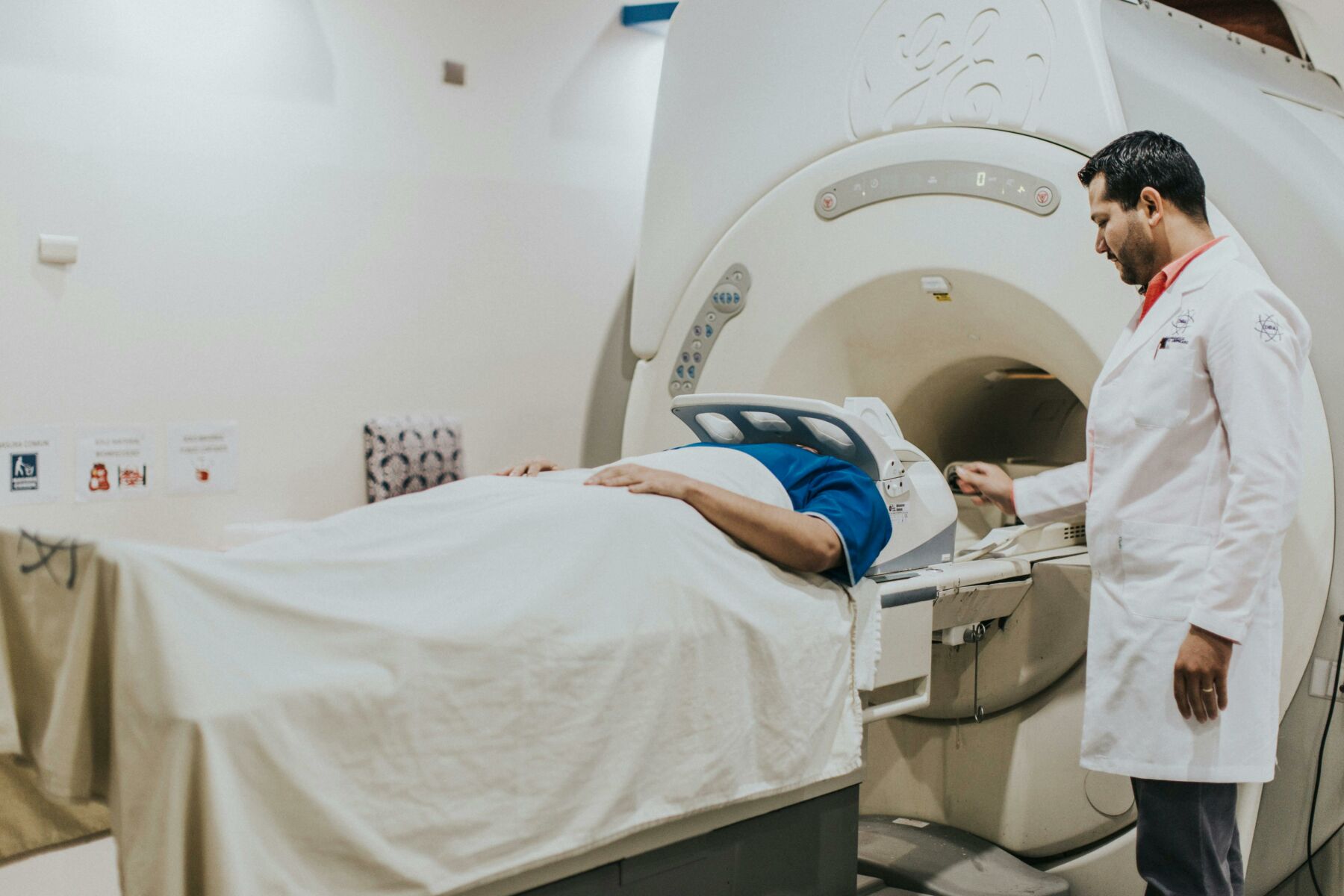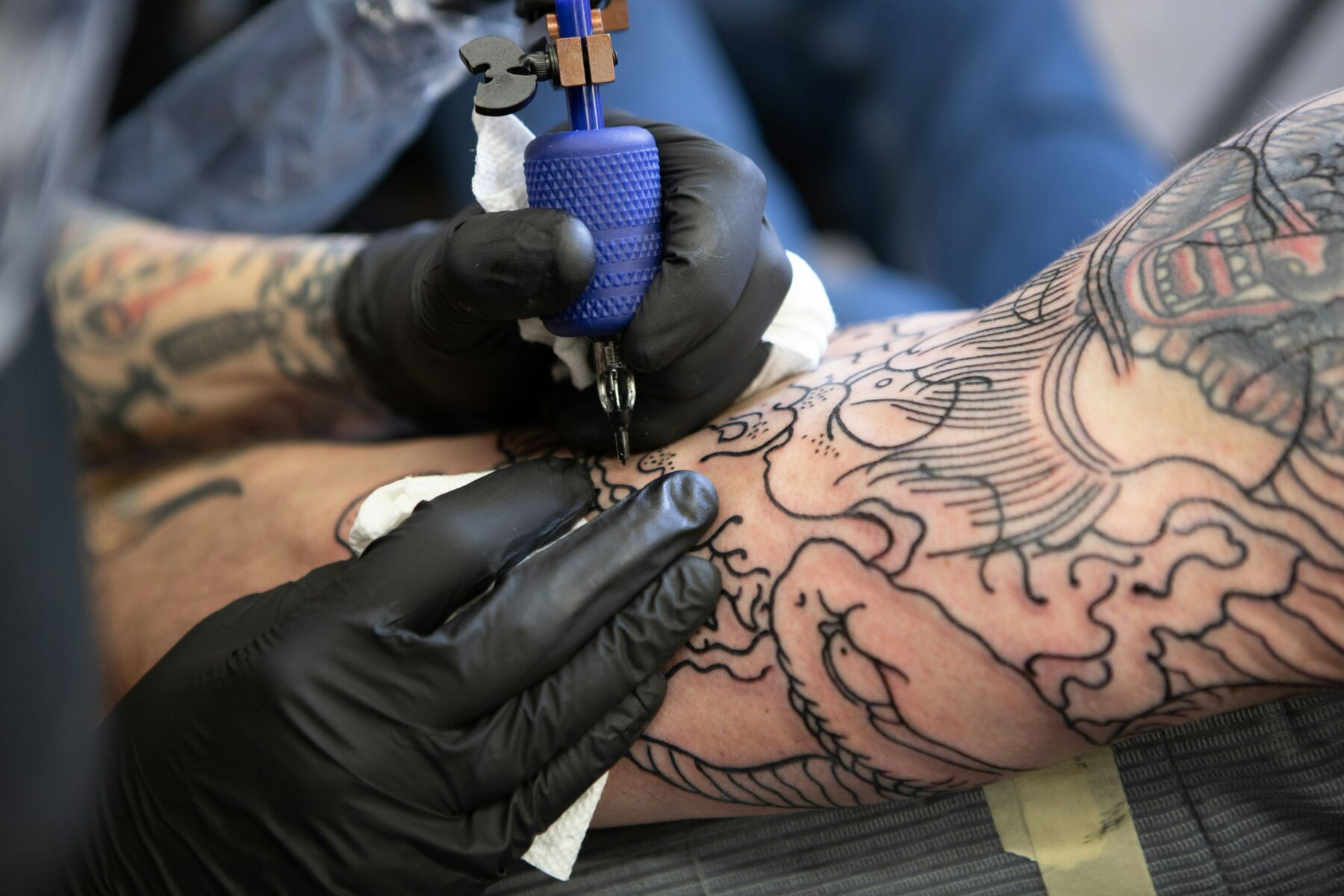Health risks associated with getting a tattoo

Tattoos have transitioned from ancient cultural rites to mainstream expressions of individuality. Their popularity spans continents and demographics, yet this surge in acceptance has not been without its concerns. As more individuals opt to decorate their bodies with intricate designs and meaningful symbols, an essential question arises: Are tattoos safe? Recent studies and medical reports suggest that while tattoos can be a beautiful form of self-expression, they come with a range of potential health risks that should not be ignored.
Tattoo health risks: more than skin-deep
Cancer concerns and black ink
One of the most alarming potential risks associated with tattoos is their link to cancer. Though a direct connection between tattoos and skin cancer has not been definitively established, there are troubling indications that certain ingredients in tattoo inks might pose a risk. Black ink, in particular, has come under scrutiny due to its high levels of benzo(a)pyrene, a substance classified as a carcinogen by the International Agency for Research on Cancer (IARC). The prevalence of black ink in tattoos, especially in the trendy “blackout” tattoos that cover large skin areas, raises significant health concerns. These extensive tattoos can obscure changes in skin pigmentation, potentially delaying the detection of skin cancers such as melanoma.

Moreover, as tattoos age, they often fade and break down, releasing potentially carcinogenic compounds into the body. This degradation process further complicates the long-term safety of tattoos, making it crucial for individuals to regularly monitor their skin for any unusual changes, especially around heavily inked areas.
These are some of the published studies and case reports that have delved into possible links between tattoo inks and cancer.
Allergic reactions and skin sensitivity
For individuals with sensitive skin, the chemicals and dyes used in tattoo inks can trigger severe allergic reactions. Tattoo inks are not composed of harmless pigments; instead, they contain a variety of chemicals that can irritate the skin. People prone to allergic reactions should consider consulting an allergist before getting a tattoo to avoid adverse reactions that could lead to prolonged discomfort or medical complications.
Hepatitis and infection risks
Tattooing involves piercing the skin with needles, which inherently carries a risk of infection if proper hygiene standards are not maintained. One of the most severe infections that can be transmitted through tattooing is hepatitis, a liver disease that spreads through blood-to-blood contact. Ensuring that a tattoo parlour follows strict sterilisation protocols is essential. Prospective clients should observe the cleanliness of the establishment, verify that tattoo artists use new, sterile needles for each client, and check for the use of disposable gloves to mitigate infection risks.
MRI complications: A hidden hazard
For those requiring frequent MRI scans, tattoos can pose additional complications. The magnetic fields used in MRIs can interact with the metallic components found in some tattoo inks, causing localised reactions such as swelling, redness, and even burns. This interaction can also distort MRI images, complicating the accurate diagnosis of medical conditions. Red inks, often containing iron, are particularly problematic due to their magnetic properties. Before undergoing an MRI, individuals with tattoos should inform their healthcare provider to discuss potential risks and alternative imaging methods if necessary.

New research highlights further risks
A recent study conducted by Dr John Swierk from Binghamton University and published in the journal Analytical Chemistry has brought to light additional concerns regarding tattoo inks.
The study analysed inks from nine major brands in the United States and found that many contained undisclosed additives and pigments with potential health risks. Among these was polyethene glycol, commonly used as a laxative, whose effects when injected into the skin remain unclear. Another additive, 2-phenoxyethanol, was identified as hazardous, capable of causing skin, lung, and liver irritation, and even damage to kidneys and nerves in high doses.
Dr Swierk’s findings highlight the need for better transparency and regulation in the tattoo industry. As the U.S. Food and Drug Administration (FDA) continues to develop regulatory standards under the Modernisation of Cosmetics Regulation Act (MoCRA), studies like this will likely influence the conversation on safety standards for tattoo inks.
It should be noted that in many countries in Asia, there are no proper regulatory measures in place with regard to inks used and also procedures in tattoo parlours.
Personal and social considerations
Despite these health risks, tattoos remain immensely popular. A survey by the Pew Research Center in August 2023 found that 32% of adults in the United States have at least one tattoo, with many having multiple.
The motivations behind getting inked are diverse, ranging from personal expression to aesthetic enhancement. Nearly half of those surveyed view their tattoos as a means to express their beliefs and values, while a significant portion also seek to improve their appearance.

This enduring appeal underscores the importance of making informed decisions about tattoos. Prospective clients should research reputable tattoo artists, understand the ingredients in the inks used, and consider their own health conditions before committing to a tattoo. While tattoos can be a powerful form of personal expression, they are also permanent alterations to the body that carry potential health risks.
Weighing the risks and rewards
Tattoos have a rich cultural history and offer a unique avenue for self-expression. However, as with any body modification, they come with risks that should be carefully considered. From potential cancer links and allergic reactions to infection risks and MRI complications, the decision to get a tattoo is not one to be taken lightly. With ongoing research and improved regulations, the tattoo industry can better ensure the safety of its clients. Until then, individuals must take personal responsibility by conducting thorough research and consulting with medical professionals to make informed choices about their body art.
To see if you have any complications in your body that might be detrimental to your health, it would benefit you to consult a checkup. You can even see which clinics allow you to have MRI scans as well and you can find all of this on the Medijump website where you can find an answer to fix your issue.
Latest Thailand News
Follow The Thaiger on Google News:


























